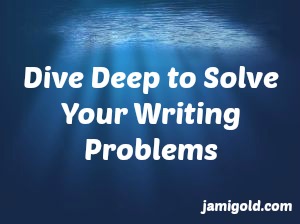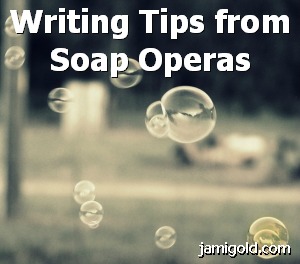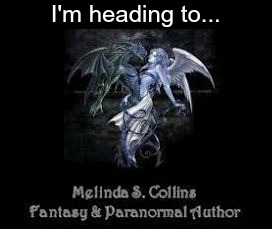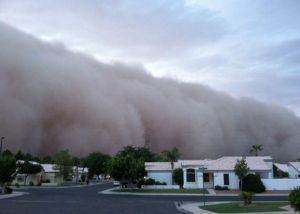I was going to rant about poor editing today, but I closed the wrong window in my computer and lost all 1000 words. *sigh* So I’ll try it again later when I’m not so sleep deprived from WANACon preparation. Instead, I’m revisiting a different topic today. We’ve heard the saying: Life […]
Pin It
Read More
I’ve gushed many times about the awesomeness of Janice Hardy’s blog—for good reason. Her writing tips are clear and insightful. She discusses topics more thoroughly than most. And it’s a rare thing when I can’t find an answer to a writing question there. She’s also a super-fantastic person (I’ve met […]
Pin It
Read More
I don’t watch soap operas, but a bizarre conversation tangent (in other words, a perfectly normal conversation for me) triggered my thoughts comparing soap operas to novels. On the surface, they seem very similar. They both have characters, tension, and conflict. However, the more I thought about it, the more […]
Pin It
Read More
Readers often think that fiction writers just make stuff up. And that’s quite true—when it comes to most stories and characters. However, the supporting details of settings, props, jobs, and plot events are another matter. Whatever genre we write, we usually have to do some research in the course of […]
Pin It
Read More
After I agreed to do a guest post for my friend Melinda Collins, she suggested I write something about worldbuilding. Despite being a paranormal author who continually invents worlds slightly different from our own, I haven’t written many posts about that topic yet, so I sat down to brainstorm ideas. […]
Read More
*Quick Reminder: I hope you’re all getting a 10-60K story ready for the Pitch Your Shorts pitch session coming January 10th.* Most of us have a favorite holiday (or two). Sometimes we love a holiday because of the meaning behind the day. Sometimes we love a holiday because of the celebrations […]
Read More
Last year, I discovered the fantastic resources available for writers at The Bookshelf Muse blog. Angela Ackerman and Becca Puglisi have created valuable references for writers with their thesaurus collections. The Emotion Thesaurus gives lists of all the different ways to show an emotion (including non-cliché ones!). The Setting Thesaurus includes […]
Pin It
Read More
First, I want to thank J.A. Paul and Rachel Firasek for their guest posts. I had fun with their interviews and I hope you all did too. Yes, I’m back from a fun, exhausting trip to Disneyland. And yes, my vacation inspired a blog post. You’re not surprised, are you? […]
Read More
In Part One, I proposed my Matrix theory for describing action and scenes in stories and talked about why it works. In this post, I’ll explain how to successfully use the technique to add details, both with narrative and dialogue—and how not to use it. So as I mentioned last […]
Pin It
Read More
Last time, I explained how to avoid dumping information into stories and how dialogue is often used incorrectly to convey details to readers—the “As you know, Bob” technique. It just so happened that my friend Simon C. Larter posted a related article with info dumps in dialogue that worked that […]
Pin It
Read More










